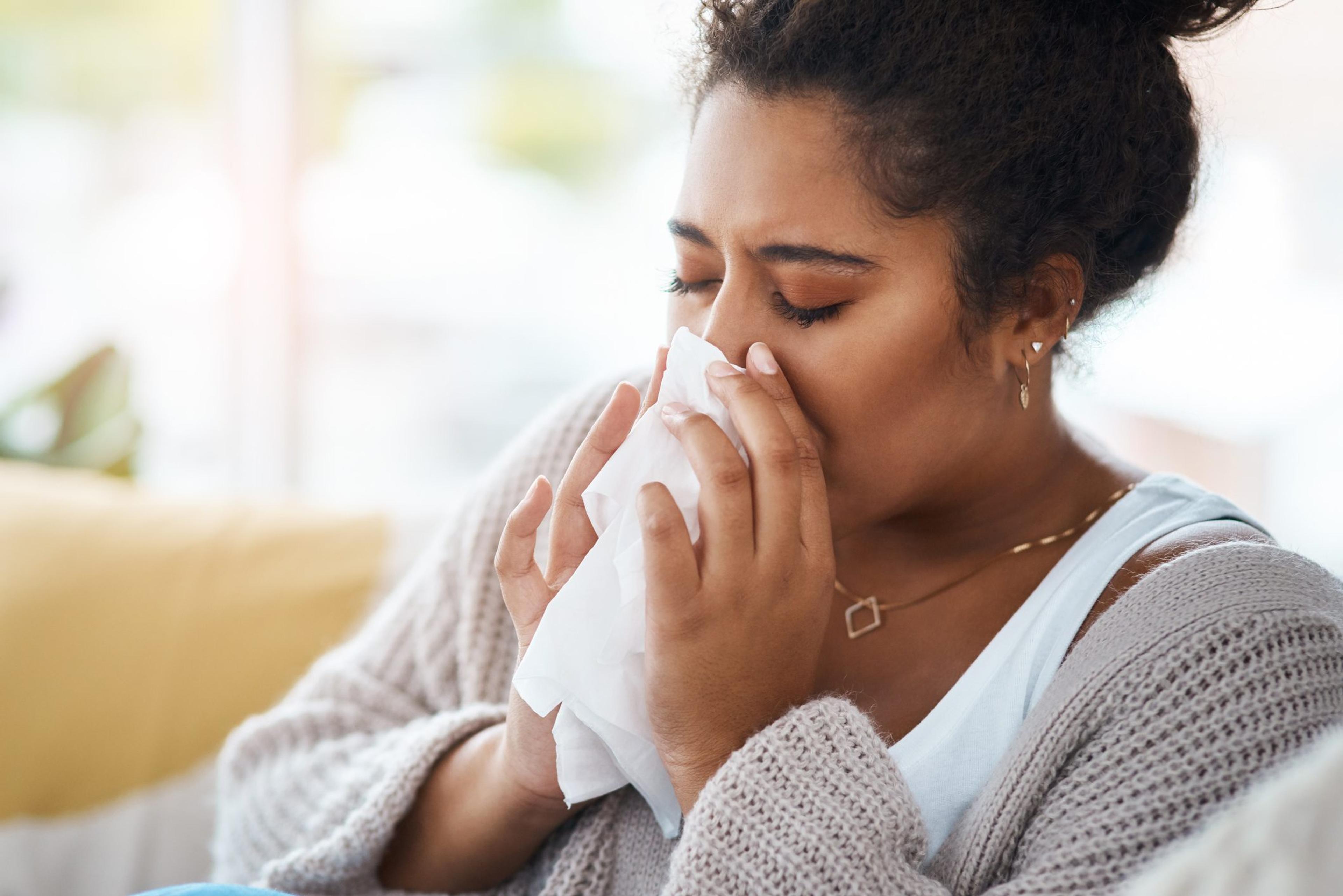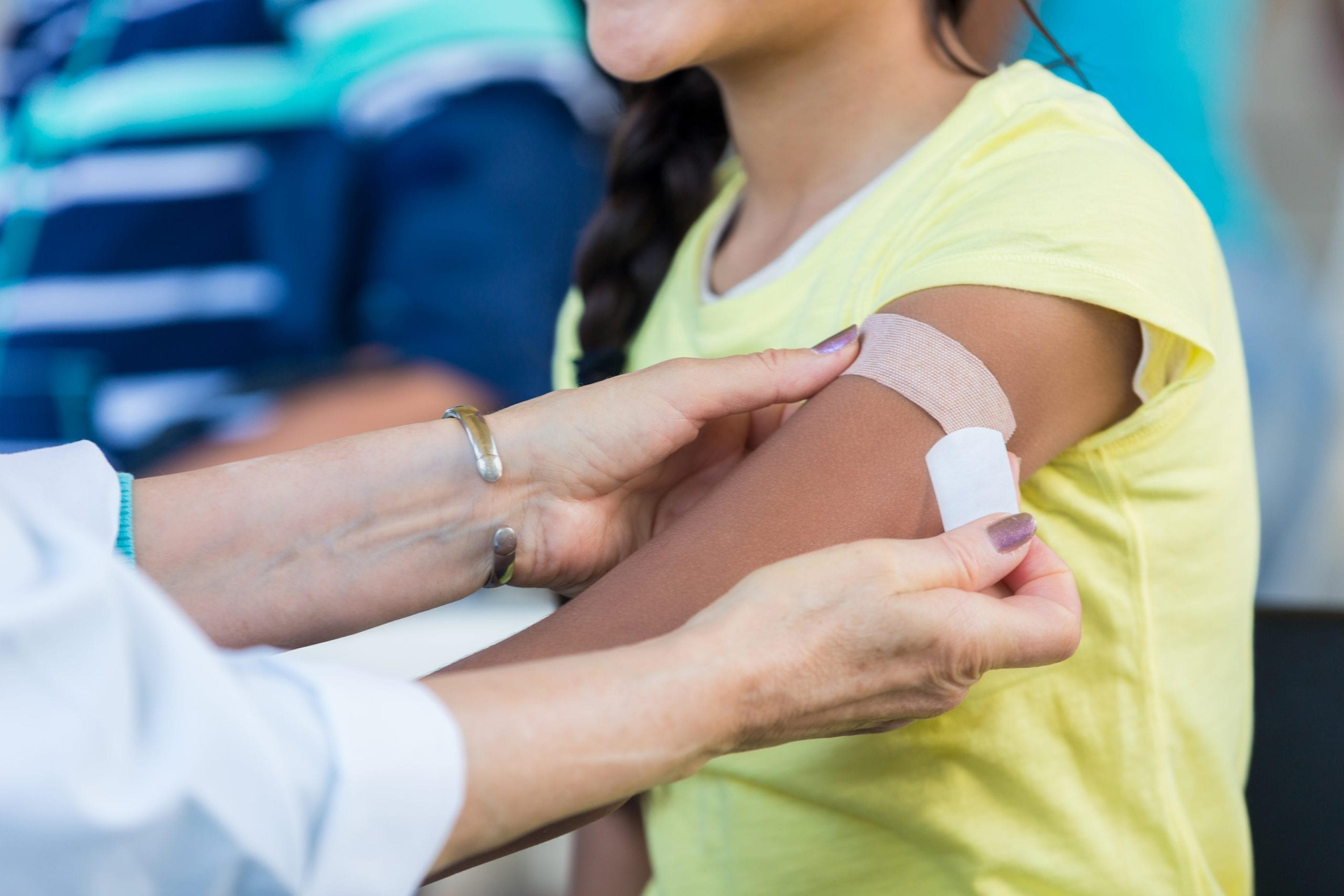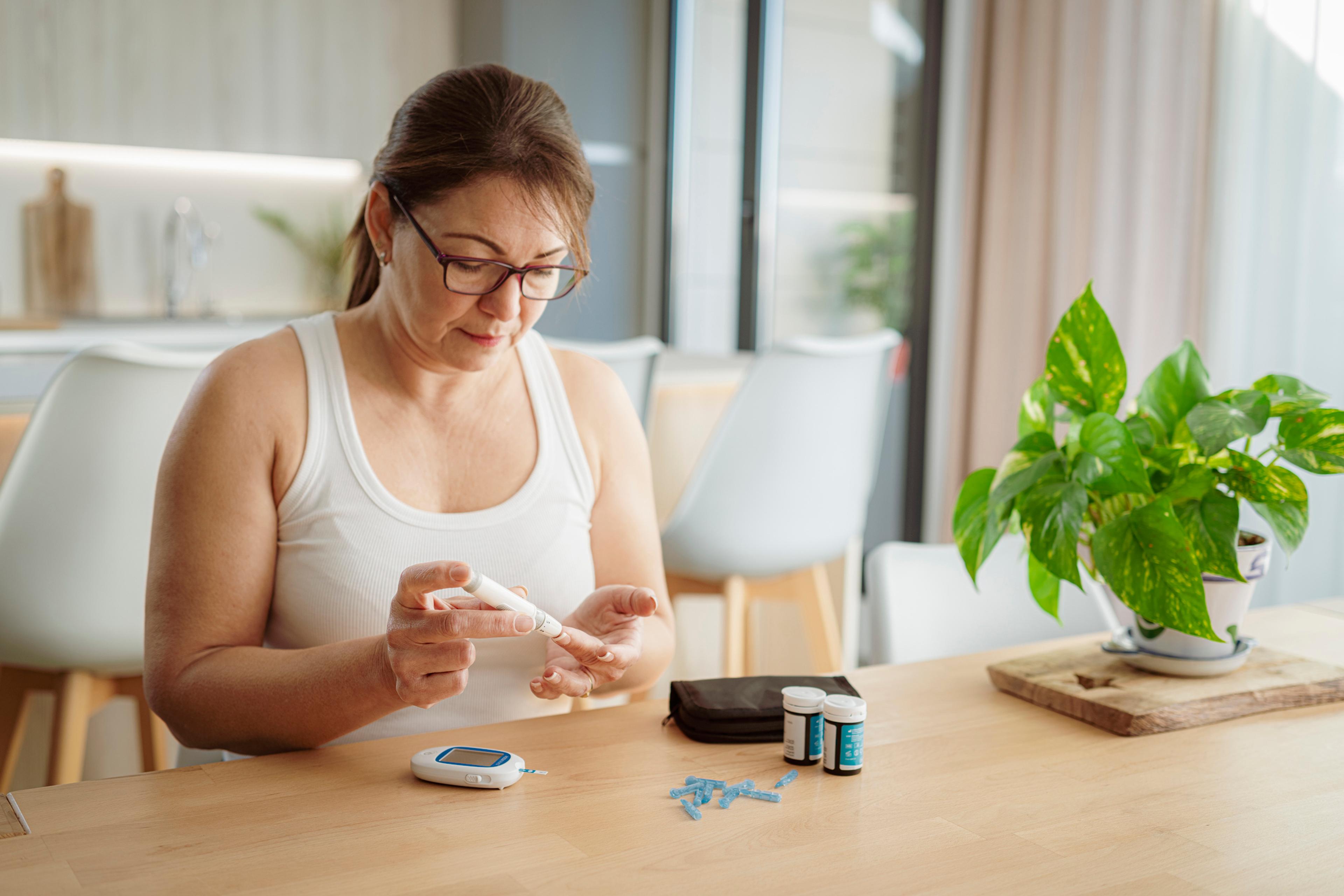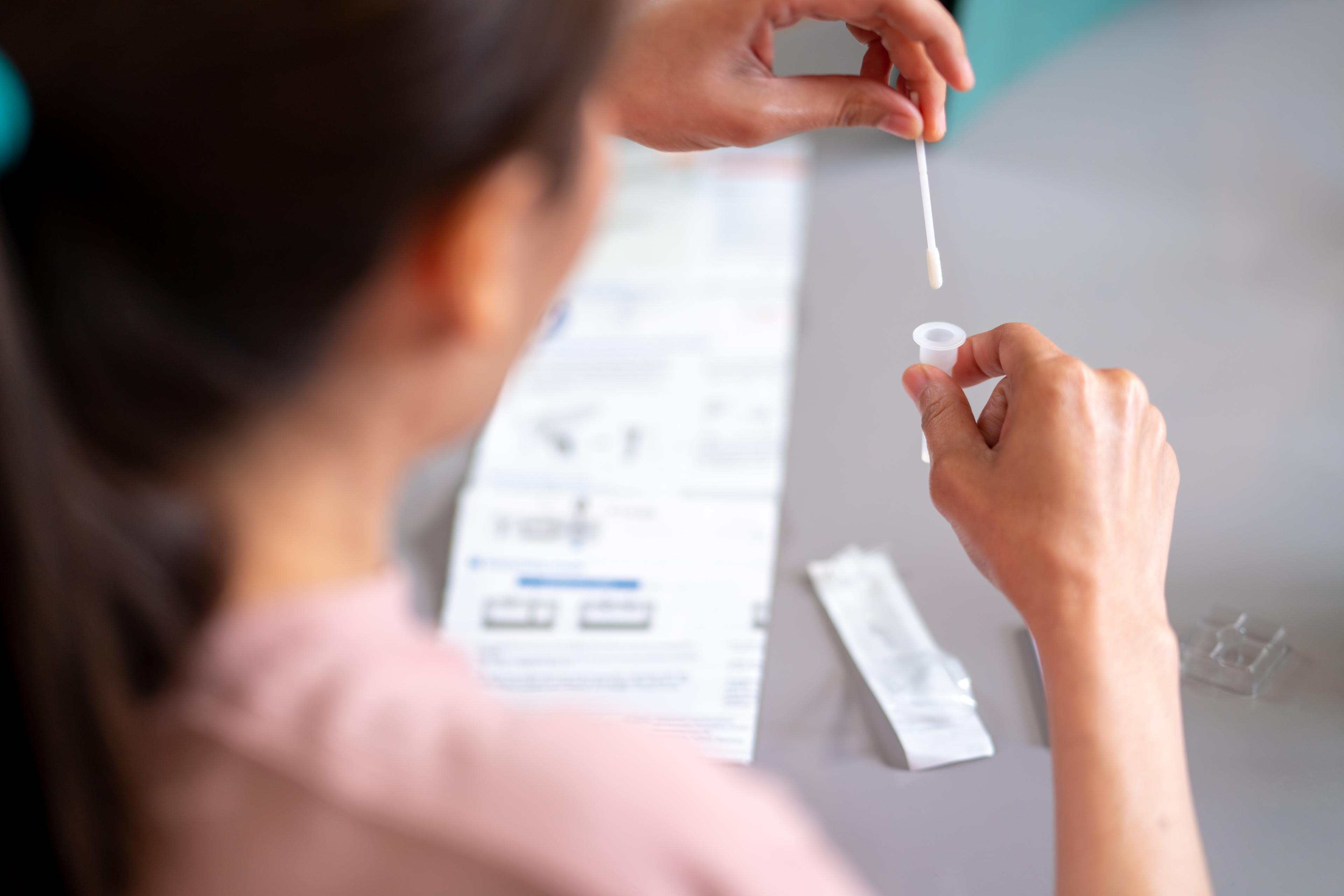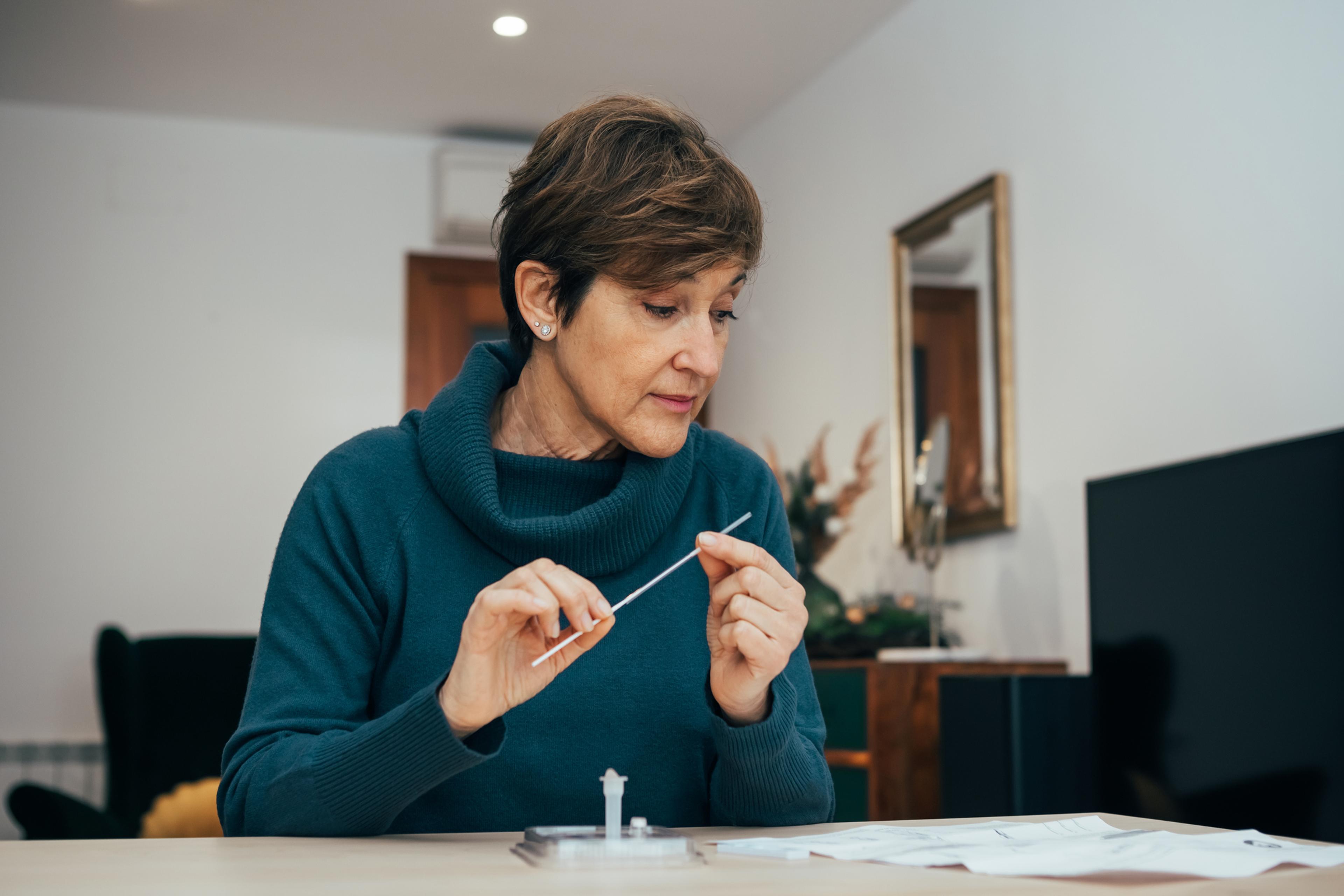Why You Need the Second Dose of the Pfizer or Moderna COVID Vaccine
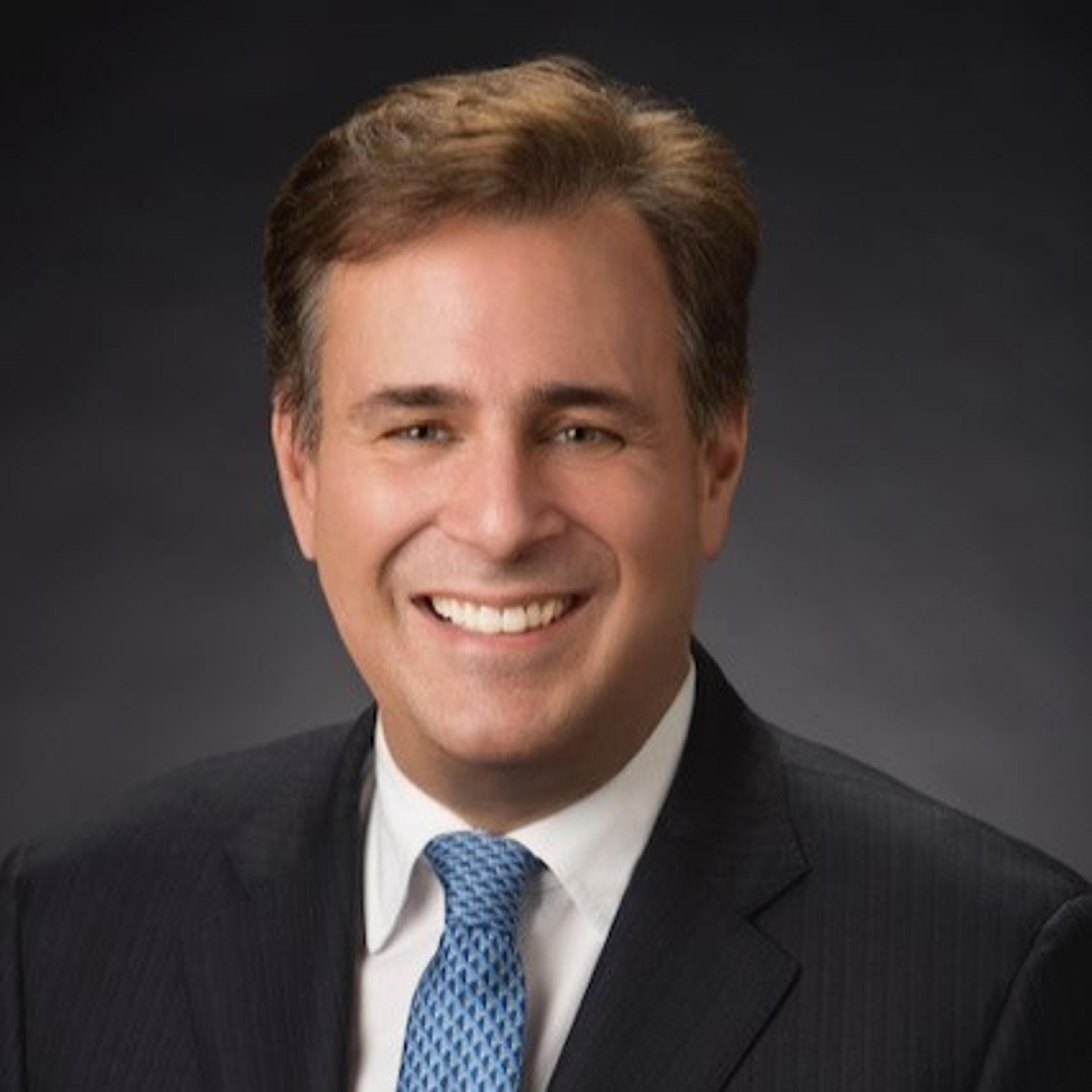
James Grant, M.D.
| 3 min read
James D. Grant, M.D., is executive vice president and chief medical officer at Blue Cross Blue Shield of Michigan. Dr. Grant is a native Michiganian and graduate of Wayne State University School of Medicine. He completed his post graduate training at Northwestern University Medical Center in Chicago. He is a diplomate of the American Board of Anesthesiology, completed his recertification in 2008 and is an associate examiner for the Board.
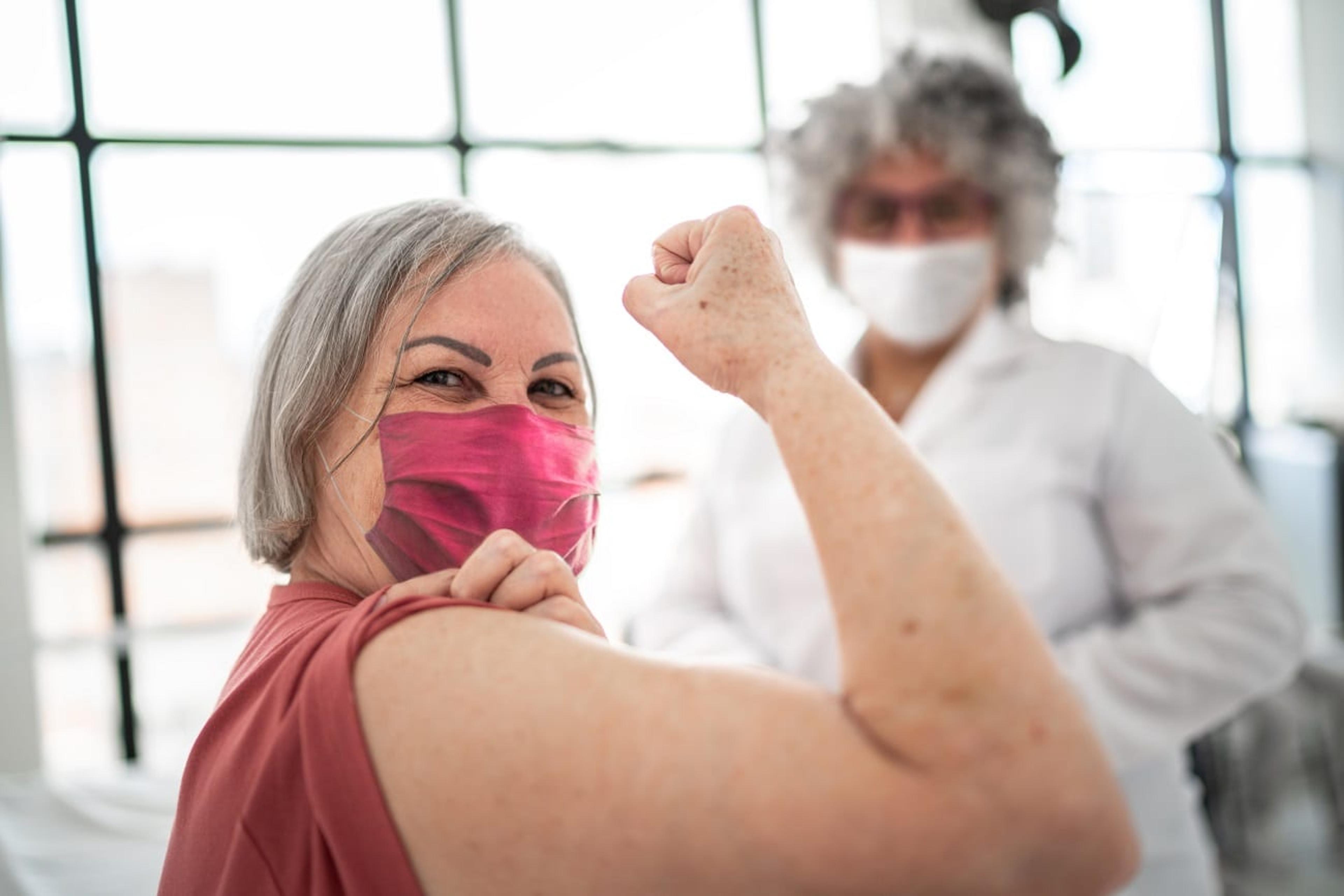
This past April, the U.S. Centers for Disease Control (CDC) reported that about five million people had skipped out on receiving their second dose of the Pfizer or Moderna COVID vaccine. The reasons varied. Some were concerned about side effects. Some simply felt that one dose was enough. Yet, both the Pfizer and Moderna COVID vaccines require a second dose to be fully effective. Getting one dose will provide some benefit, but not enough to result in the 95% efficacy we see with the full two dose regimen. This is the efficacy rate that works against the highly contagious variants coming from South Africa, India, Brazil and other countries. The two-dose regimen of the Pfizer and Moderna COVID vaccines is not new or unique. Several other vaccines require multiple doses, including the vaccines to prevent shingles, HPV and Hepatitis A and B. What is new is the messenger RNA (mRNA) that is used in the Pfizer and Moderna COVID vaccines. These vaccines do not contain the COVID-19 virus. Rather, the mRNA in the vaccine instructs your body to make a protein that will activate an immune response when exposed to the virus. What’s the difference between the first and second dose? There is no difference in the ingredients of the two doses. Each vaccine dose has the same composition. With the first dose, your body prepares your immune system to be able to fight off the virus, known as an immune response. One dose is about 75-80% effective against COVID. The second dose kicks your immune response into action. And this is what makes the vaccines about 95% effective against COVID. The two-dose regimen is found to be effective against the variants that we see coming from different countries. What about the 21-day and 28-day schedule? The vaccines do have a dose schedule, and challenges can occur when trying to get that second dose in the recommended timeframe. Pfizer recommends getting the second dose 21 days after the first dose. Moderna recommends getting the second dose 28 days after the first dose. So, what happens if you’re not able to get the second dose on that exact schedule? The good news is research hasn’t found any change in effectiveness if you get the second dose a week to 10 days later than the recommended schedule. You can even get the second dose a day or two earlier. Most important is to get that second dose, for full effectiveness. Think of it this way. Let’s say you had the chance to win $10 million dollars, but you had to make two trips to get it. After the first trip, you’d be pretty close to getting the prize. Would you stop after the first trip and forfeit the prize? Or would you take both trips and claim the money? That second dose is the prize that will help us get control of this virus. Dr. James D. Grant, M.D., is the chief medical officer at Blue Cross Blue Shield of Michigan. More from MIBluesPerspectives:
- Is the COVID-19 vaccine really safe for your 12-15-year-olds?
- Tips for Talking to Someone Who is Vaccine Hesitant
- COVID-19 Vaccine News Helped Woman Overcome Hesitancy
Photo credit: Getty Images

